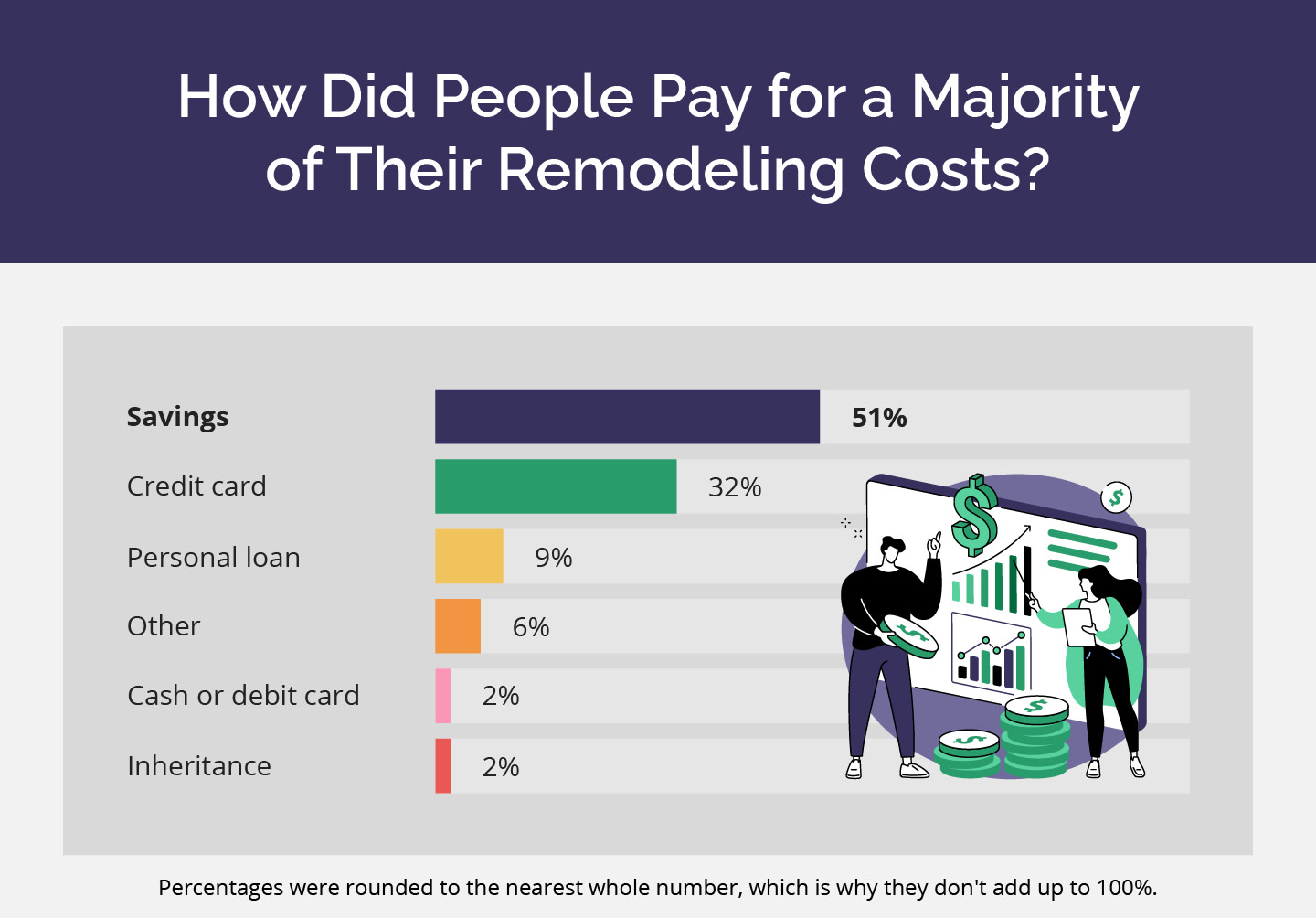
Understanding the Financial Commitment of Full Home Remodeling
Introduction
Embarking on a full home remodeling journey is a thrilling yet daunting task. It’s an opportunity to breathe new life into your living space, but it also comes with a significant financial commitment. Before diving headfirst into a renovation project, it’s crucial to understand the various costs involved and how to effectively manage your budget.
Assessing the Scope of the Project
The first step in understanding the financial commitment of a full home remodel is to assess the scope of the project. Are you planning to update just a few rooms, or do you intend to overhaul the entire house? Each decision will impact the overall cost, so it’s essential to have a clear vision of what you hope to achieve.
Budgeting Basics
Once you’ve determined the scope of your project, the next step is to establish a budget. This involves carefully considering your financial situation and setting realistic spending limits for each aspect of the renovation. Remember to account for unexpected expenses, as they often arise during the remodeling process.
Cost Breakdown
A crucial aspect of budgeting for a full home remodel is understanding the breakdown of costs. This includes expenses such as materials, labor, permits, and design fees. By breaking down these costs, you can identify areas where you may be able to save money or reallocate funds to prioritize certain aspects of the project.
Materials and Labor
The cost of materials and labor will likely be the most significant expenses in your remodeling budget. Prices can vary widely depending on factors such as the quality of materials and the complexity of the project. It’s essential to research suppliers and contractors thoroughly to ensure you’re getting the best value for your money.
Permitting and Regulatory Fees
Before beginning any construction work, you’ll need to obtain the necessary permits and approvals from local authorities. These permits come with associated fees that can add up quickly. Be sure to budget for these expenses and factor them into your overall renovation costs.
Design and Planning
Hiring a professional designer or architect to help plan your remodel can be beneficial but also adds to the project’s cost. Design fees can vary depending on the complexity of the project and the experience of the designer. However, investing in expert guidance can help ensure that your vision for your home is realized.
Contingency Fund
No matter how carefully you plan, unexpected expenses are bound to arise during a home renovation. That’s why it’s essential to set aside a contingency fund to cover any unforeseen costs that may arise. Experts recommend allocating around 10-20% of your total budget for this purpose.
Managing Your Budget
Once you’ve established a budget for your full home remodel, the next challenge is managing it effectively. Keep track of expenses as you go, and be prepared to make adjustments as needed. Communication with your contractors and suppliers is key to staying on budget and avoiding any costly surprises.
Maximizing Value
While it’s essential to stick to your budget, it’s also important to consider the long-term value that your renovations will bring to your home. Investing in high-quality materials and craftsmanship can increase the resale value of your property and enhance your overall quality of life.
Conclusion
Embarking on a full home remodel is a significant financial commitment, but with careful planning and budgeting, it’s possible to achieve your renovation goals without breaking the bank. By assessing the scope of your project, establishing a realistic budget, and managing your expenses effectively, you can create the home of your dreams without sacrificing your financial stability. Read more about full home remodel cost
